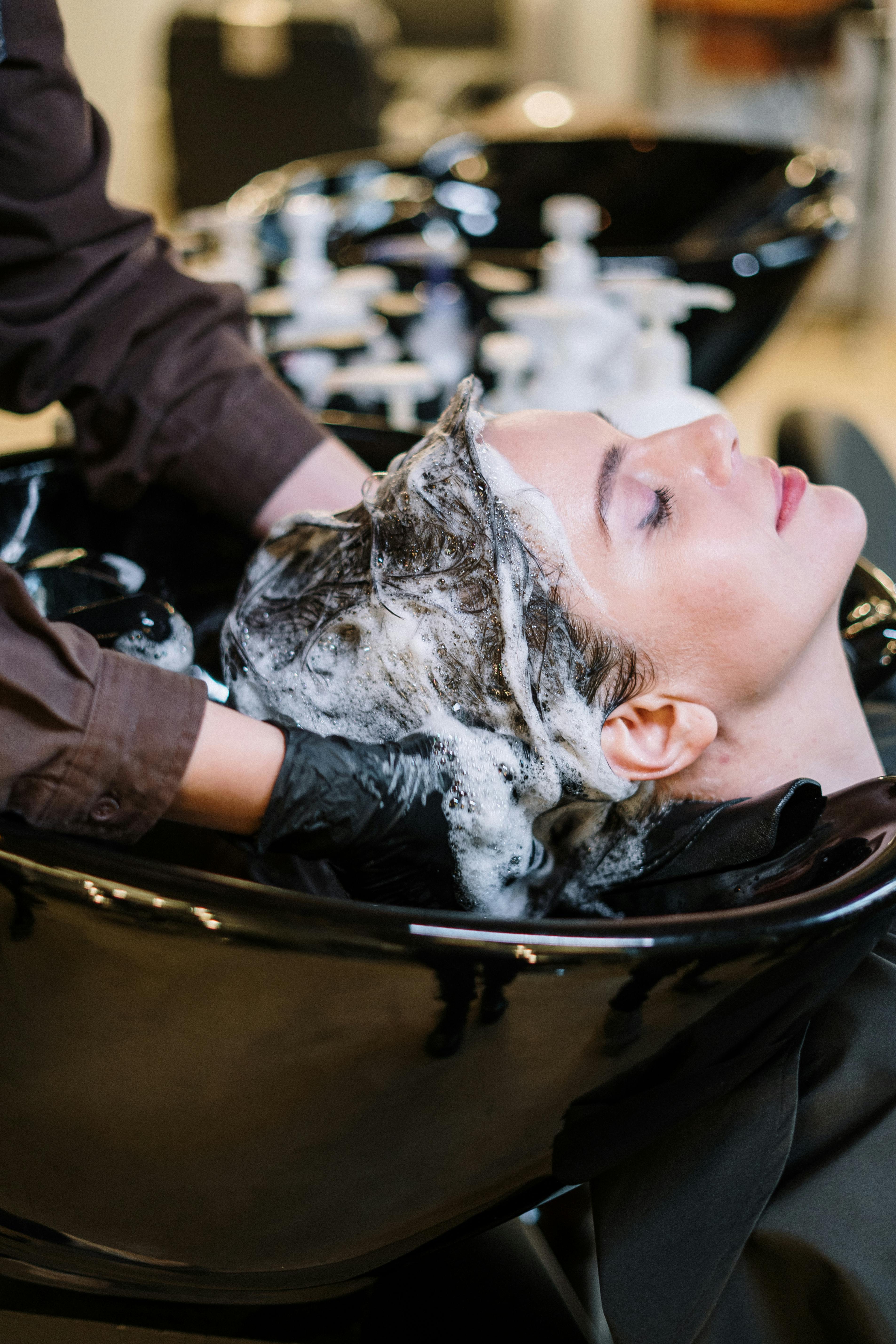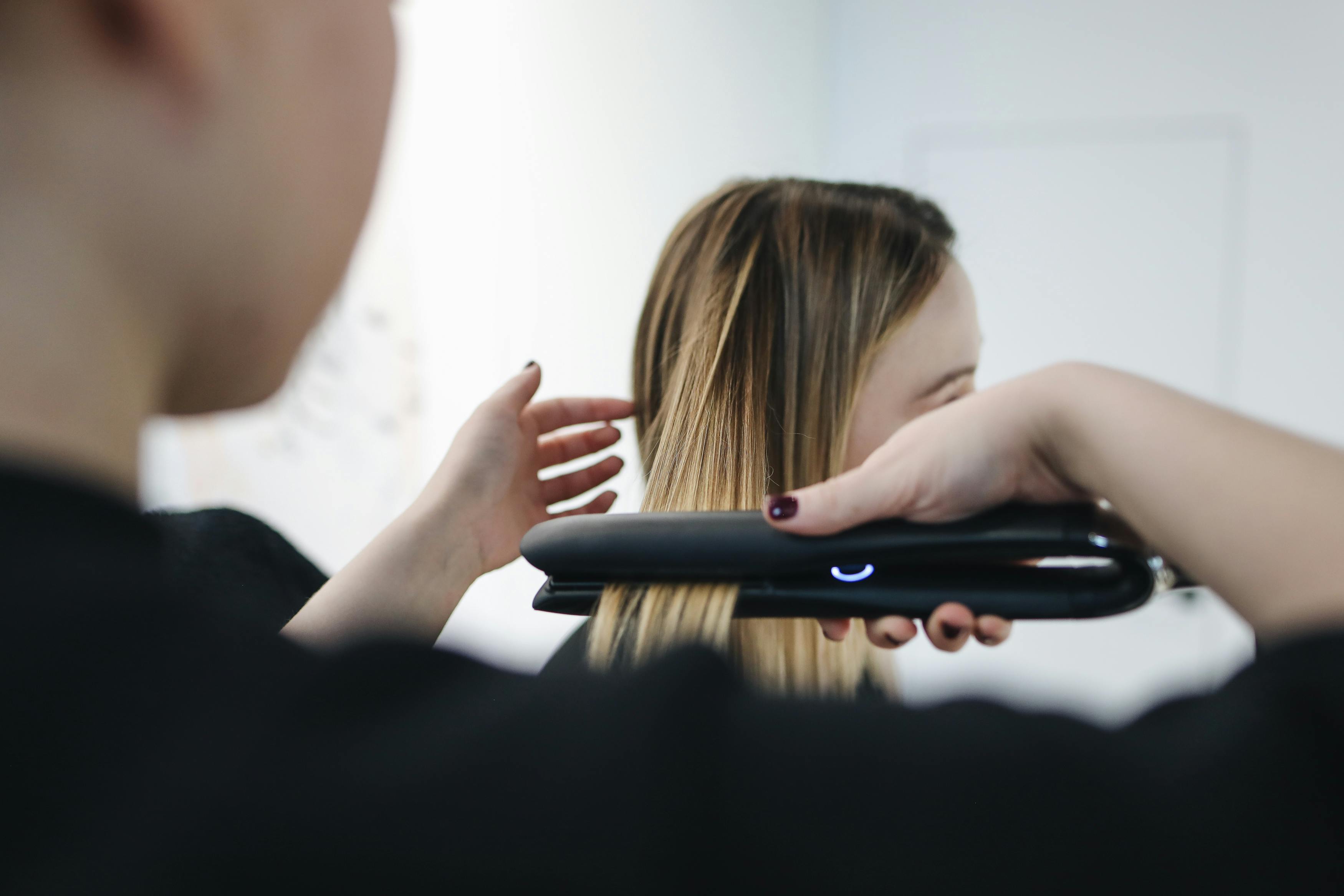10 Essential Winter Hair Care Tips to Combat Dry, Static Hair

Winter can be brutal on your hair. Cold outdoor temperatures, dry indoor heating, and harsh winds create the perfect storm for dry, brittle, static-prone hair. But with the right care routine, you can keep your locks healthy and beautiful all season long.
Why Winter Is So Hard on Your Hair
Before diving into solutions, it’s important to understand why winter causes so many hair problems:
- Low humidity in winter air doesn’t just affect your skin—it draws moisture from your hair as well.
- Indoor heating further depletes moisture from the air and your hair.
- Friction from hats and scarves causes static and breakage.
- Hot showers feel amazing in winter but strip your hair of natural oils.
- Temperature fluctuations between freezing outdoors and heated indoors stress your hair cuticles.
Now that we understand the challenges, let’s explore how to combat them effectively.
1. Reduce Washing Frequency
During winter, try to extend the time between washes. Washing your hair too frequently strips away the natural oils that provide moisture and protection. Aim to wash your hair 2-3 times per week at most, using dry shampoo between washes if needed.
2. Turn Down the Water Temperature
I know it’s tempting to take scalding hot showers when it’s freezing outside, but hot water is a major culprit in drying out both your hair and scalp. Wash your hair with lukewarm water instead, and if you’re brave, finish with a cool rinse to seal the cuticles and add shine.
3. Switch to Moisturizing Hair Products
Winter is the time to swap out your regular shampoo and conditioner for more hydrating formulas. Look for products labeled “moisturizing,” “hydrating,” or “for dry hair.” Ingredients to seek out include:
- Hyaluronic acid
- Glycerin
- Natural oils (argan, jojoba, coconut)
- Shea butter
- Panthenol (pro-vitamin B5)
4. Incorporate a Weekly Deep Conditioning Treatment
Make deep conditioning a non-negotiable part of your winter hair care routine. Once a week, apply a deep conditioning mask or hot oil treatment, cover with a shower cap, and allow it to penetrate for at least 30 minutes. For an extra boost, wrap a warm towel around your head to help the product absorb more effectively.
5. Combat Static with the Right Tools
Static electricity becomes a major hair annoyance in winter. Here’s how to fight it:
- Use a wooden comb or natural bristle brush instead of plastic, which creates more static.
- Keep a dryer sheet in your bag for quick touch-ups—just lightly run it over your hair to tame flyaways.
- Apply a tiny amount of leave-in conditioner to your palms and smooth over dry hair.
- Invest in a humidifier for your home to add moisture to the air.
6. Protect Hair When Going Outside
Never leave the house with wet hair in winter—this can cause hair to freeze and break. Additionally, protect dry hair from the elements:
- Wear a silk or satin-lined hat to reduce friction and breakage.
- Tuck hair into your coat or scarf to protect it from wind and snow.
- Consider protective styles like braids or buns that keep ends tucked away.
7. Be Strategic About Heat Styling
Heat styling already stresses your hair, and in winter, it can cause even more damage to already vulnerable strands. If possible, reduce heat styling, but when you must use hot tools:
- Always use heat protectant spray before styling.
- Keep tools on medium rather than high heat settings.
- Try “half-air-dry, half-blow-dry” techniques to reduce exposure time.
- Invest in ionic styling tools that cause less damage.
8. Don’t Forget Your Scalp
A dry, itchy scalp is common in winter and can lead to dandruff. Keep your scalp healthy with these approaches:
- Try a weekly scalp scrub to remove buildup and flakes.
- Apply warm oil treatments directly to the scalp before shampooing.
- Use anti-dandruff products if flaking becomes an issue.
- Stay hydrated by drinking plenty of water, which benefits your scalp too.
9. Trim Regularly to Prevent Split Ends
Winter conditions accelerate split end formation. Schedule a trim every 6-8 weeks to prevent splits from traveling up the hair shaft. Remember, a small trim now prevents more drastic cuts later!
10. Nourish from Within
Finally, what you put into your body affects your hair just as much as what you put on it. During winter:
- Increase your intake of omega-3 fatty acids from sources like salmon, walnuts, and flaxseeds.
- Stay hydrated despite not feeling as thirsty as in summer months.
- Eat foods rich in vitamins A, C, and E to promote healthy hair growth and oil production.
- Consider a biotin supplement after consulting with your healthcare provider.
The Bottom Line
Winter doesn’t have to mean months of bad hair days. With a few adjustments to your routine, you can maintain healthy, beautiful hair even through the harshest conditions. The key is consistent moisture, protection from the elements, and gentle care.
What winter hair care tips work best for you? Share your experiences in the comments below!

